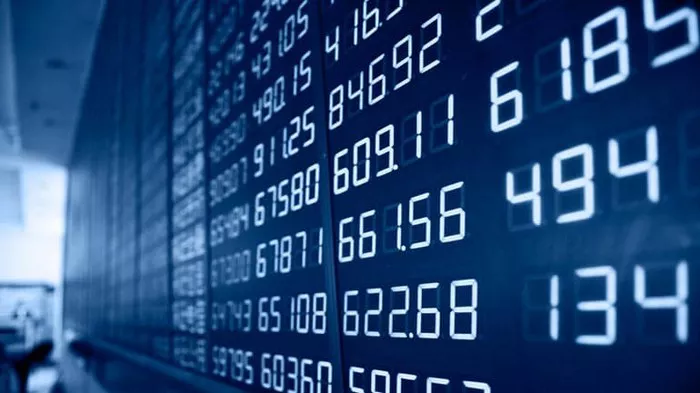In the realm of futures trading, expiration dates are crucial milestones that mark the end of a contract’s life cycle. However, there is a common misconception among traders that the expiration date is synonymous with the last trading day. In this article, we’ll delve into the nuances of expiration dates in futures trading, debunking the myth that the expiration date is the last day to trade a futures contract. By understanding the realities of expiration dates, traders can navigate the futures market with clarity and confidence.
Understanding Futures Expiration Dates
Futures contracts are derivative financial instruments that obligate the buyer to purchase, and the seller to sell, a specific quantity of an underlying asset at a predetermined price on a specified future date. These contracts are traded on organized exchanges, such as the Chicago Mercantile Exchange (CME) or the Intercontinental Exchange (ICE), and are used by market participants for hedging, speculation, and risk management purposes.
Key Features of Futures Expiration Dates
Contract Specifications: Each futures contract has its own set of specifications, including the underlying asset, contract size, expiration month, and expiration date. The expiration date is the date on which the contract ceases to be tradable and settles, either through physical delivery of the underlying asset or cash settlement.
Expiration Months: Futures contracts are typically available for trading across multiple expiration months, allowing traders to choose contracts with different maturity dates based on their trading strategies and market outlook. Expiration months are denoted by month codes, which represent specific months of the year (e.g., F for January, G for February, H for March, etc.).
Last Trading Day: The last trading day is the final day on which a futures contract can be traded before it expires. While the last trading day is closely related to the expiration date, it is not necessarily the same. The last trading day is determined by the exchange on which the contract is traded and is specified in the contract specifications.
Dispelling the Myth of the Last Trading Day
One common misconception among traders is the belief that the expiration date is the last day to trade a futures contract. While it is true that futures contracts settle on the expiration date, the last trading day often occurs before the expiration date, allowing traders to close out their positions or roll them over to contracts with later expiration dates.
Contract Rollover: As the expiration date approaches, traders may choose to roll over their positions to contracts with later expiration dates to maintain their exposure to the market. This involves closing out existing positions in expiring contracts and simultaneously opening new positions in contracts with later expiration months. By rolling over their positions, traders can avoid the risk of physical delivery and continue their trading activities seamlessly.
Market Liquidity: As the last trading day approaches, liquidity in the expiring contract may decline as traders roll their positions to contracts with later expiration months. This reduction in liquidity can lead to increased price volatility and wider bid-ask spreads, making it challenging for traders to execute large orders at favorable prices.
Contract Settlement: On the expiration date, futures contracts settle either through physical delivery of the underlying asset or cash settlement, depending on the contract specifications. However, traders can no longer trade the contract on the expiration date, as trading ceases at the close of the last trading day.
Delivery Notices: For contracts that involve physical delivery, traders who are still holding positions on the expiration date may receive delivery notices specifying the terms of delivery and instructions for the delivery process. Traders who do not wish to take delivery must close out their positions before the last trading day to avoid the risk of being assigned delivery obligations.
Conclusion
In conclusion, while expiration dates are significant milestones in the lifecycle of futures contracts, the belief that the expiration date is the last day to trade a futures contract is a common misconception among traders. In reality, the last trading day often occurs before the expiration date, allowing traders to close out their positions or roll them over to contracts with later expiration months. By understanding the distinction between expiration dates and last trading days, traders can effectively manage their positions, mitigate risk, and capitalize on opportunities in the futures market.


